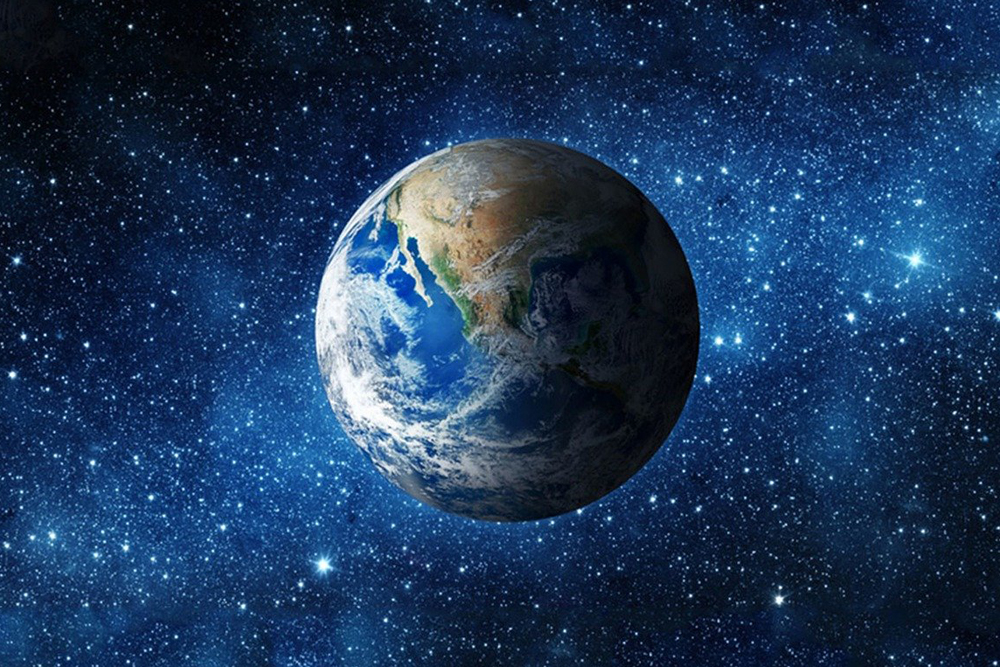
Do you know why the last Saturday of March each year is significant? Why is it marked on many calendars around the world as a date to remember? Because it is World Earth Hour, a date when we are encouraged to switch off our electric lights, our electronics and conserve energy for an hour from 8:30pm to 9:30pm.
This simple, symbolic gesture shows our support and concern for planet Earth. This year the date is Saturday 23 March as the last Saturday in 2024 falls during the Easter celebration.
You may well ask the question: What does turning off our lights for just one hour actually achieve? Firstly, it is a reminder that we all need to take action to address the global environmental crisis that is obvious in the intensity and frequency of such natural phenomena as floods, bushfires and cyclones. We all know about the rising sea levels, the displacement and suffering of many people and the loss of biodiversity to name a few.
Secondly, Earth Hour does have an effect that can be measured when millions of people around the world switch off their lights, even if it is only for one hour. It means a lot of electricity is saved. We cannot leave the health of Earth to governments and business alone; we all can and must do something.
Pope Francis recently wrote in Laudate Deum (#69 & #70) that while “it is necessary to be honest and recognise that the most effective solutions will not come from individual efforts alone but above all from major political decisions on the national and international level. Nonetheless, every little bit helps, and avoiding an increase of a tenth of a degree in the global temperature would already suffice to alleviate some suffering for many people.”
How and when did Earth Hour begin? Earth Hour is a worldwide movement organised by the World Wildlife Fund for Nature (WWF) that had its origins in the frustrations it experienced about twenty years ago. At that time, it became aware that there was little interest in the information from science about climate change. Scientists warned of the threat to the environment and people’s way of life if their findings were denied and/or dismissed. Hence, Earth Hour was implemented as a way of alerting populations around the world to the looming crisis.
The first Earth Hour happened in Sydney on Saturday 31 March 2007. More than 2.2 million people turned off their lights for one hour that night to show climate-sceptic governments that people were concerned about climate change. Since then, Earth Hour has spread around the world. Last year, over 190 countries and territories participated.
When we turn off our lights and electronics on 23 March, let it not just be for that one hour. Let our actions extend into our daily routines. Let us continue to reduce our use of electricity and so lower greenhouse gas emissions and so contribute to the health of our beautiful Earth.
You can find out more about Earth Hour here: www.earthhour.org.au
Sr Maureen Salmon
Josephite Laudato Si’ Action Plan Committee
Source: www.earth.com/news/earth-hour-saving-our-planet-one-light-switch-at-a-time
